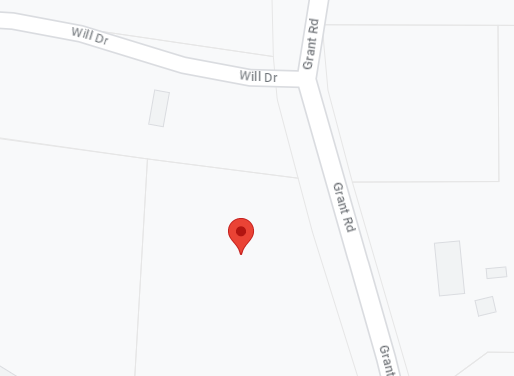Water Works
The Water Works Department treats water from the Chattahoochee River in the county’s 3 MGD water treatment plant and distributes the treated water, as well as provides fire protection, to over 9,300 customers located in the unincorporated area of the county. The department also provides sewer services exclusively to the Mulberry Grove Development and pays Columbus Water Works to treat the sewer for a fee.
Staff
Jeff Culpepper, Director
Laura Norris, Customer Service Supervisor
Water Works Resources
Our County Manager
Meet Randall Dowling
Serving Harris County for 10 Years
In sollicitudin mi eu lectus posuere posuere. Sed convallis faucibus nisi in aliquam. Vestibulum tincidunt facilisis rutrum.
Vestibulum ultricies eros justo, vel convallis neque aliquam ac. Aliquam posuere malesuada metus a gravida. Mauris velit leo, bibendum sed urna id, tincidunt semper eros.

